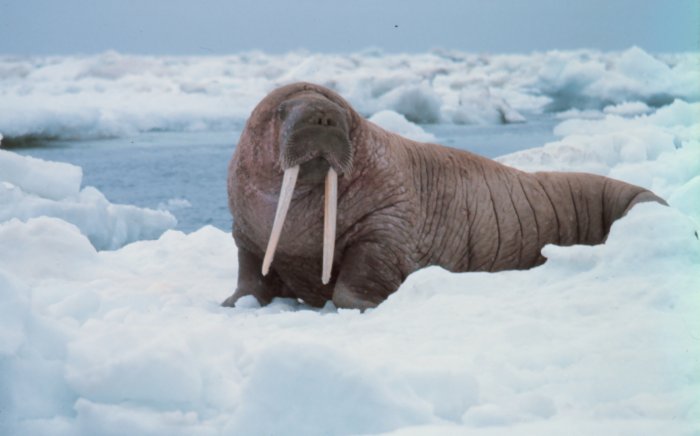The Other Oil Giants? Just as Unready as BP
 On June 15, the CEOs of ExxonMobil, ConocoPhillips, Shell, Chevron and BP were grilled by the House Subcommittee on Energy and Natural Resources. Unsurprisingly, much of what they said was spin. They paraded industry investments in alternative energy and safety that make up a vanishingly small percentage of their balance sheets. BP's competitors claimed again and again that they would never have made the catastrophic mistakes that led to the collapse of the Deepwater Horizon. But the hearing's scariest moment came when Exxon CEO Rex Tillerson told the truth. Tillerson stated that when oil spills occur "there will be impacts." According to ExxonMobil, the cleanup effort launched by BP represents the best efforts of the oil companies. For the oil companies, this travesty is the cutting edge of safety and environmental protection.
On June 15, the CEOs of ExxonMobil, ConocoPhillips, Shell, Chevron and BP were grilled by the House Subcommittee on Energy and Natural Resources. Unsurprisingly, much of what they said was spin. They paraded industry investments in alternative energy and safety that make up a vanishingly small percentage of their balance sheets. BP's competitors claimed again and again that they would never have made the catastrophic mistakes that led to the collapse of the Deepwater Horizon. But the hearing's scariest moment came when Exxon CEO Rex Tillerson told the truth. Tillerson stated that when oil spills occur "there will be impacts." According to ExxonMobil, the cleanup effort launched by BP represents the best efforts of the oil companies. For the oil companies, this travesty is the cutting edge of safety and environmental protection.
Same Plan, Different Covers
The major oil companies have essentially identical regional response plans for a disaster in the Gulf of Mexico. These 500+ page plans have been approved by the Department of the Interior and outline how each company would try to stop a leak and would clean up the oil. According to Rep. Ed Markey (D-Mass.), in the June 15 hearing the plans are ninety percent identical. All five plans were prepared by "The Response Group." All five refer to the same contractors for clean-up and the same sources of equipment. The covers even feature the same photographs of oil wells, although The Response Group did tint the covers a different color for each company.
Protecting Walruses, But Not the Gulf
There is nothing fundamentally wrong with oil companies planning a similar response to similar disasters. If Chevron knows how to stop environmental and economic disaster, by all means it should let Shell know. The problem is that all the 'cookie-cutter plans' for the Gulf feature laughable errors and have been proven ineffective by the Deepwater Horizon spill. Four of the five regional response plans discuss the protection of walruses, mammals that have not lived in the Gulf for three million years. Three of the plans refer readers to the phone number of an expert who died in 2005.
Even worse, the plans claim that the companies have the capacity to deal with a "worst case scenario," a disaster dumping substantially more oil into the Gulf than the Deepwater Horizon spill. The residents of the Gulf Coast know all too well that BP's plan has failed utterly to protect their environment and their livelihoods from Horizon. It seems that the oil companies have very low standards for what constitutes adequate disaster response.
What Are the Oil Giants Ready For?
As ExxonMobil's Tillerson admitted, "we are not well-equipped" to deal with offshore disasters. One might question whether the oil companies are well-equipped for drilling in general if they cannot stop the failure of an exploratory well from spiraling into a national catastrophe.
There is one task for which ExxonMobil is very well-equipped. Unlike their competitors, ExxonMobil's regional response plan includes forty-pages on media response. Exxon may not be prepared to deal with a disaster. They may not be able to drill for oil without endangering the health and safety of millions. But they are ready to spin.





Comments
Oil Giants Preparedness
Even when BP spends Billions for cleaning up this unfortunate scenario the taxpayers will still pay in the end. By paying more at the pump.
The real losers are the wildlife and the ocean.
great post
I agree with you lonnie!